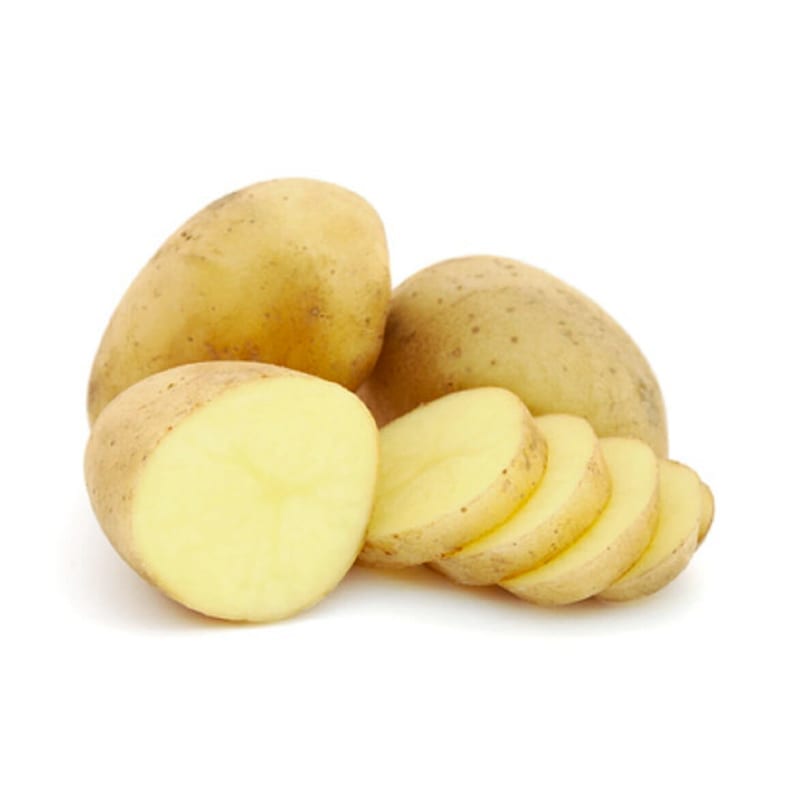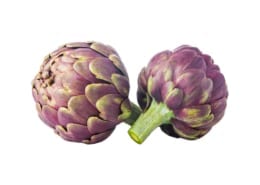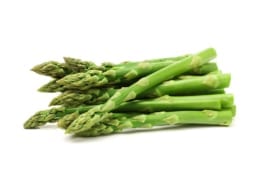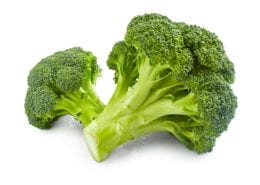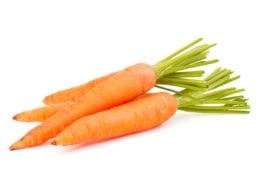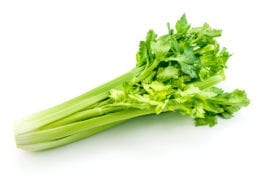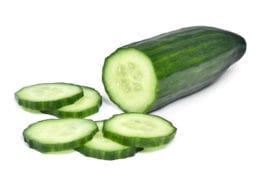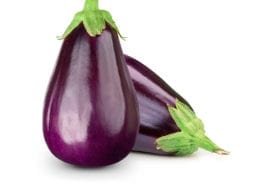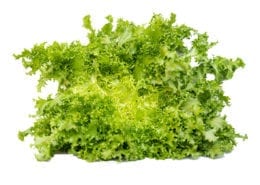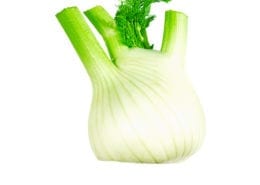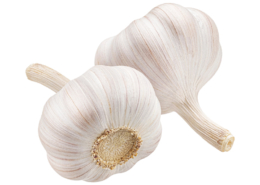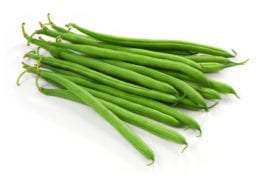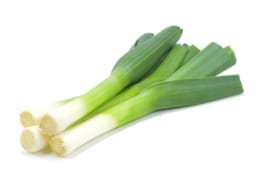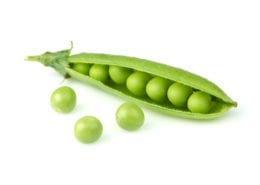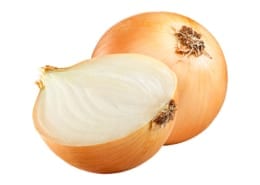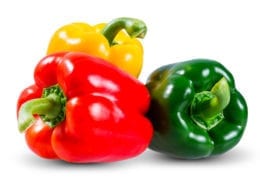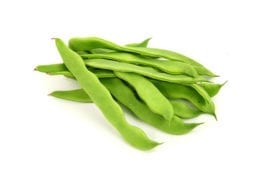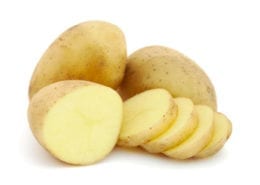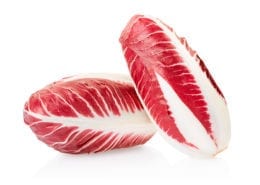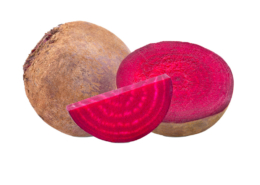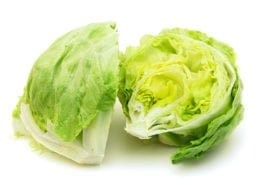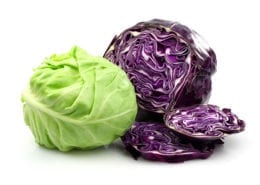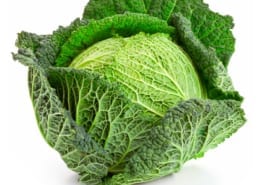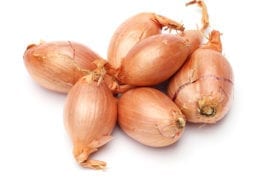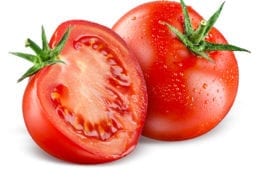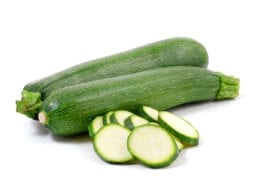Potatoes
The potato is an edible tuber obtained from the plants of the Solanum tuberosum species, widely used for food.
Potatoes are a source of important vitamins and minerals.
From a nutritional point of view, potatoes are known mainly for their high carbohydrate content (about 26 grams in a 150 g potato, i.e. medium size), mainly present in the form of starches. A small but significant part of these potato starches is resistant to enzymes present in the stomach and small intestine, so as to reach the almost intact large intestine. These starches are believed to have physiological effects equal to those of dietary fiber.
A medium-sized potato (150 g), eaten with the peel, provides 27 mg of vitamin C (45% of the recommended daily dose), 620 mg of potassium (18% of the recommended daily dose), 0.2 mg of vitamin B5 (10% of the recommended daily dose), in addition to traces of thiamine, riboflavin, folate, niacin, magnesium, phosphorus, iron and zinc; potatoes are together with onions and depending on the nature of the soil in which the food is grown with the most significant quantities of selenium and lithium. In addition, the fiber content of a peeled potato (2 g) is equal to the fiber content of whole wheat bread, pasta and cereals. In addition to vitamins, minerals and fibers, potatoes contain various phytochemical compounds, such as carotenoids and polyphenols.
Not all potato nutrients are found in the peel; this contains about half of the fibers, but more than half of the nutrients are contained in the pulp. Cooking can alter them considerably.
Variety
Potatoes
-
Agria
-
Annabelle
-
Bea
-
White
-
Cicero
-
Desiree
-
Ditta
-
Kennebec
-
Jaerla
-
Juwel
-
Jerla
-
Lisetta
-
Majestic
-
Marabell
-
Monnalisa
-
Mozart
-
Paglierina
-
Red
-
Serafina
-
Sirtema
-
Spunta
-
Ukama
Seasonality
Potatoes


